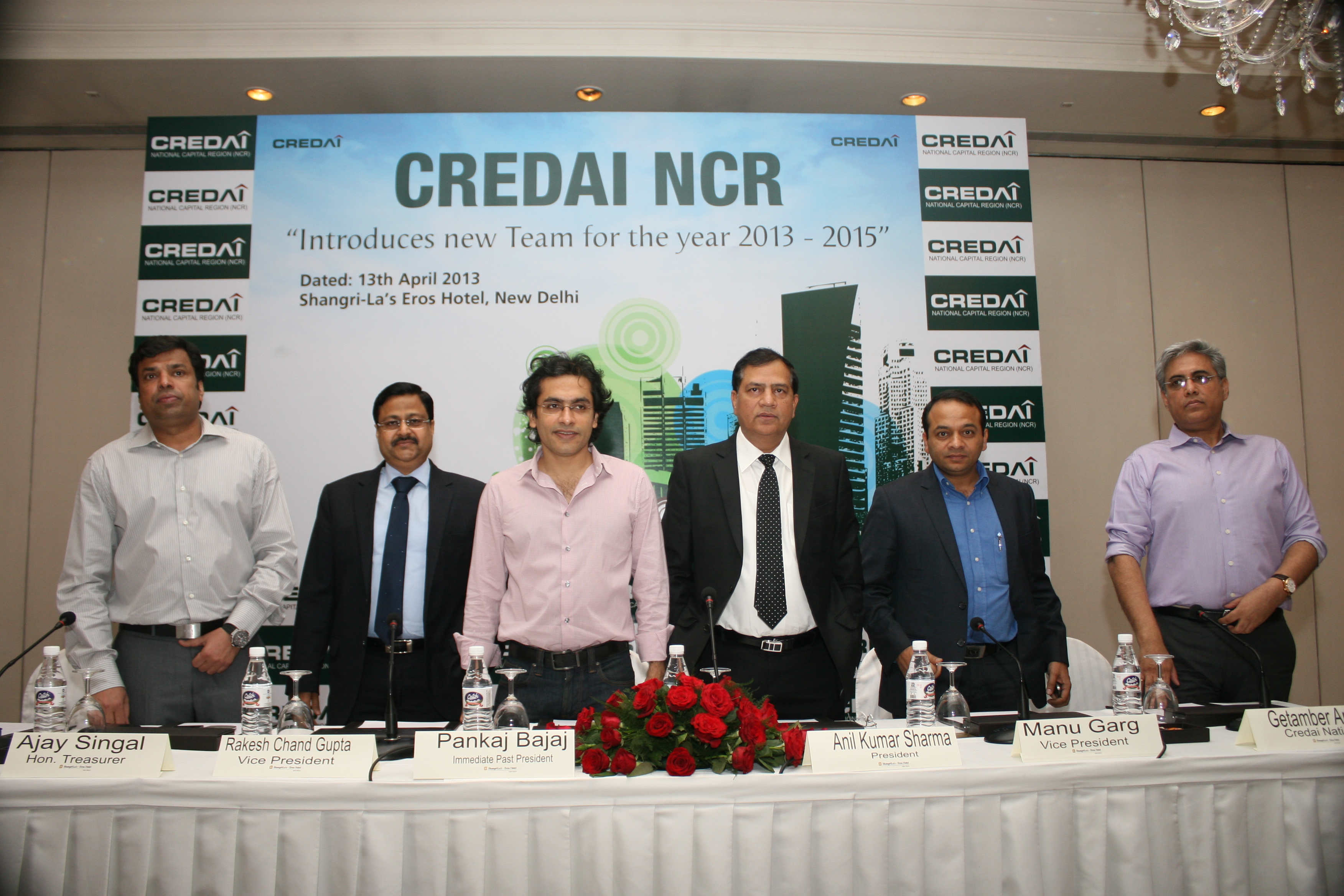 Track2Realty Exclusive: Realty is predominantly a regional business, primarily on account of land being a state subject. Therefore it is a tough task for one single body or association to represent the views and opinions of all stakeholders in the sector.
Track2Realty Exclusive: Realty is predominantly a regional business, primarily on account of land being a state subject. Therefore it is a tough task for one single body or association to represent the views and opinions of all stakeholders in the sector.
Some sector analysts assert that few realty associations and public interest bodies such as RICS are all working at some level in the same direction to improve dealings within the sector, albeit the medium used to communicate these views vary.
They insist at the end of the day, it is not necessary for there to be one voice in the industry, as far as the message is the same and consistent across any one whom delivers it. The question remains—has the voice been one?
Harmit Chawla, Managing Director of HCorp Realty rather questions the intent and seriousness of the developers’ respective bodies in their approach to policy advocacy.
According to him, in this dog-eats-dog business environment of real estate, any serious approach to policy advocacy is a misnomer since policy advocacy by its very essence is aimed at creating a level playing field which won’t suit the bigger players in the fray here.
“Policy advocacy is the second level in the growth curve of a business. When lack of regulation, transparency and absence of professionalism suits the business model of the sector at large, then why will they get a patient hearing by the policy makers? The point is you ask the government to grant you all the fancy wish list but not keep a track of your shady functioning. If the sector gets really serious with its causes and concerns, then only the government will show you seriousness. For instance, asking for industry status that will ease many bottlenecks, including bank finance, but not being monitored by a regulator is like contradicting your wish list and making the sector appear greedy,” says Chawla.
Therefore, it is not just desirable but necessary for the sector to create enablers of change, where all industry bodies and associations need to communicate the same message.
All stakeholders need to ‘walk the talk’ for the larger benefit of the sector. If it is automobile or telecom, any industry analyst knows who acceptable faces of the industry are and what the common cause is. Does acceptable voice and common agenda exist in realty?
…..to be continued





